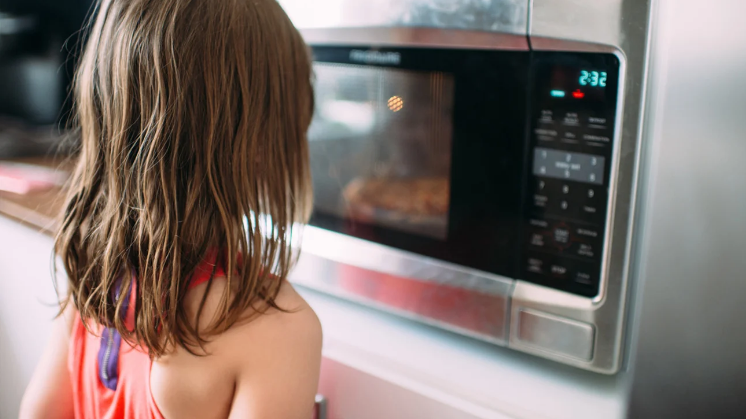CBD GUMMIES
Why Are CBD Gummy Sweets So Popular In The UKNovember 7, 2025

Plastic is a versatile material, used for everything from medical devices to food storage containers. But when it comes to microwaving plastic, there are concerns about chemicals leaching into your food or drink.
Let’s start with the basics: plastic is made up of long chains of polymers, derived mainly from oil or natural gas. It can also be produced from renewable sources like wood pulp or cotton linters. Each plastic product usually has a recycling triangle with a number inside, indicating the type of plastic it’s made from. For instance:
Now, the big question: Is it safe to microwave plastic? The concern here is about chemicals like bisphenol A (BPA) and phthalates leaching into your food. BPA, in particular, can disrupt hormones and has been linked to health issues like obesity and diabetes. While BPA is mostly found in polycarbonate plastics (number 7), which were widely used in food storage and baby bottles, many manufacturers have shifted to BPA-free alternatives like PP.
However, even BPA-free plastics can release other harmful chemicals when microwaved. Factors like heat, abrasion, and prolonged use can increase chemical leaching. So, if you’re microwaving food, it’s best to avoid plastic altogether or use containers specifically labeled as microwave-safe.
But it’s not just microwaving that can be a concern. Other factors like using hot plastic containers or repeatedly exposing them to the dishwasher can also increase chemical leaching. If your plastic containers are showing signs of wear or damage, it’s time to replace them with new, BPA-free ones.
When it comes to food packaging, options like cling film may also contain BPA and phthalates. To be on the safe side, opt for alternatives like wax paper or parchment paper when microwaving.
In essence, while plastic has its conveniences, it’s essential to be mindful of its potential risks, especially when it comes to food preparation and storage. By choosing microwave-safe or BPA-free options and taking care of your plastic products, you can reduce your exposure to harmful chemicals.
GP and Sex & Relationship Adviser – Durham University, MS Crystal is a qualified doctor and a sex and relationships adviser at Dimepiece LA. In her spare time, she enjoys nature and is a budding tennis enthusiast. Crystal is involved with several governmental and educational initiatives aimed at increasing awareness about sexual health and making free advice more accessible to everyone. [email protected]
WhatsApp us

0